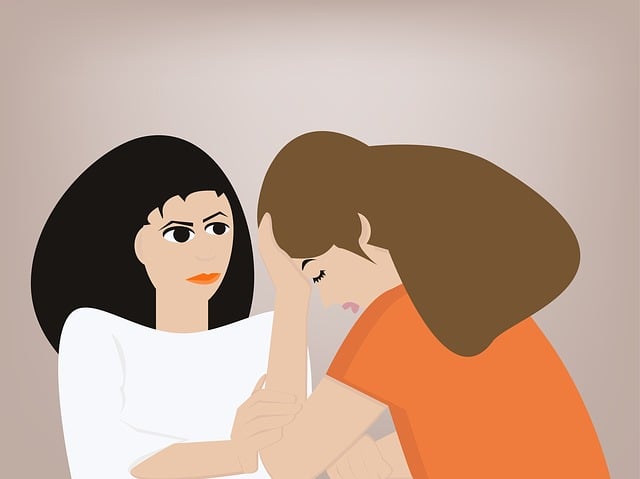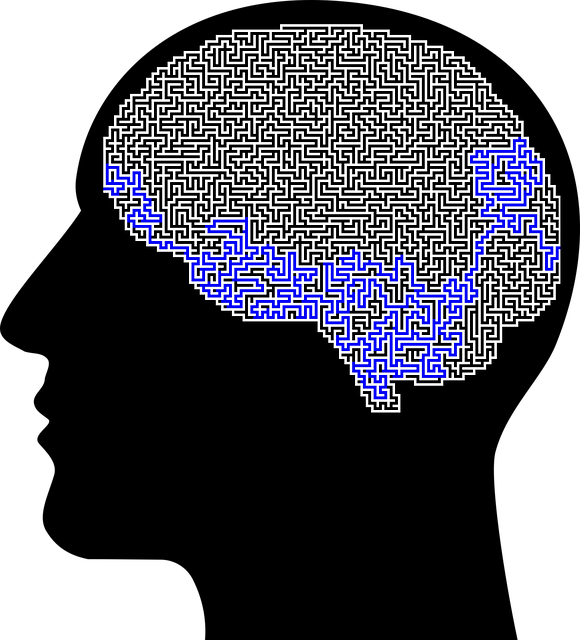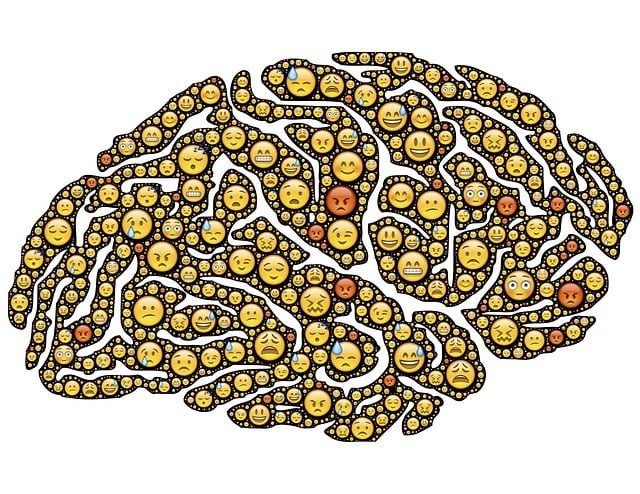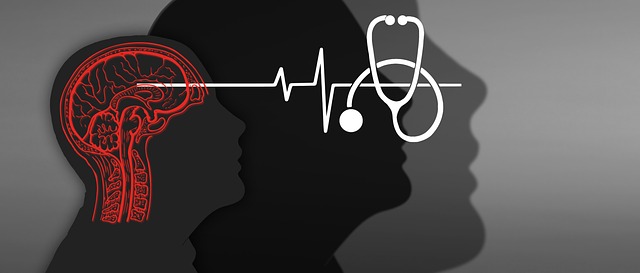The stigma around mental illness in blended families hinders children's access to essential Therapy for Children Blended Families, often due to complex dynamics post-divorce and remarriage. To combat this, public awareness campaigns destigmatize mental health issues and promote open dialogue. Specialized therapy addressing unique challenges faced by children from blended families enhances emotional well-being and fosters healthier relationships. Comprehensive strategies including tailored trauma services, healthcare provider training in cultural competency, and proactive stigma reduction efforts build resilience and set a positive trajectory for future generations.
Mental illness stigma significantly impacts children in blended families, exacerbating their emotional challenges. This article delves into the profound effects of stigma on these vulnerable individuals and explores effective strategies to reduce it. We discuss tailored therapy approaches and essential support systems, emphasizing their role in fostering resilience. Additionally, we highlight long-term benefits, showing how empowering children and families can lead to improved mental health outcomes for all involved. For parents seeking guidance, this is a crucial resource on navigating therapy for children in blended families.
- Understanding Stigma and its Impact on Mental Health for Children in Blended Families
- Strategies to Reduce Stigma: A Focus on Therapy and Support Systems
- Empowering Children and Families: Long-term Benefits of Stigma Reduction Efforts
Understanding Stigma and its Impact on Mental Health for Children in Blended Families

Stigma surrounding mental illness can significantly impact children growing up in blended families. These families, formed through divorce and subsequent remarriage, often come with complex dynamics that can exacerbate feelings of isolation and shame. Children in such settings might struggle to express their emotions or seek help due to the fear of judgment or the belief that their experiences are not valid. This internalized stigma can lead to delayed access to therapy for children blended families, hindering their emotional development and overall mental well-being.
Public awareness campaigns focused on breaking down stereotypes associated with mental health issues are crucial in this context. Promoting positive thinking and resilience-building strategies within these families can foster an environment where seeking support is normalized. By encouraging open conversations about emotions and mental health challenges, parents and caregivers can help children develop coping mechanisms and build resilience, ensuring they receive the necessary therapy for children blended families without hesitation or fear.
Strategies to Reduce Stigma: A Focus on Therapy and Support Systems

Reducing stigma associated with mental illness requires a multi-faceted approach, and therapy plays a pivotal role in this journey. One effective strategy is providing specialized therapy for children from blended families, addressing unique challenges they face related to identity, family dynamics, and potential trauma. This type of therapeutic support can significantly enhance their emotional well-being and foster healthier relationships.
Additionally, building robust support systems is essential. Trauma support services tailored for both individuals and families can help process past traumas, improve coping mechanisms, and reduce the impact of stigma. Healthcare provider cultural competency training is another crucial aspect, ensuring professionals are equipped to offer empathetic care, understand diverse perspectives, and accurately assess risks, especially when dealing with complex cases. These efforts collectively contribute to creating a more inclusive and supportive environment for those navigating mental health challenges.
Empowering Children and Families: Long-term Benefits of Stigma Reduction Efforts

Stigma reduction efforts focused on children and families can have profound, long-lasting effects. By empowering young individuals to understand and manage their mental health early on, we cultivate a generation with enhanced emotional intelligence and resilience. This is particularly significant in blended families, where stepparents, children from previous relationships, and new partners must navigate complex dynamics. Therapy for Children in these settings can play a pivotal role in fostering empathy building strategies and conflict resolution techniques, ensuring everyone feels heard and respected.
The benefits extend beyond the immediate family unit; children who grow up with reduced stigma are more likely to seek help when facing challenges later in life. They develop healthier coping mechanisms, improved communication skills, and increased confidence in expressing their emotions. This proactive approach paves the way for stronger relationships, better academic performance, and overall well-being, setting a positive trajectory for future generations.
Mental illness stigma, particularly in blended families, can profoundly impact children’s mental health. By focusing on strategies like therapy and strengthening support systems, we can significantly reduce this stigma. Empowering children and families through stigma reduction efforts yields long-term benefits, fostering healthier, more resilient individuals. For parents and caregivers, understanding the impact of stigma and implementing evidence-based practices like therapy for children in blended families is crucial to breaking down barriers and creating supportive environments where every child feels valued and supported.














